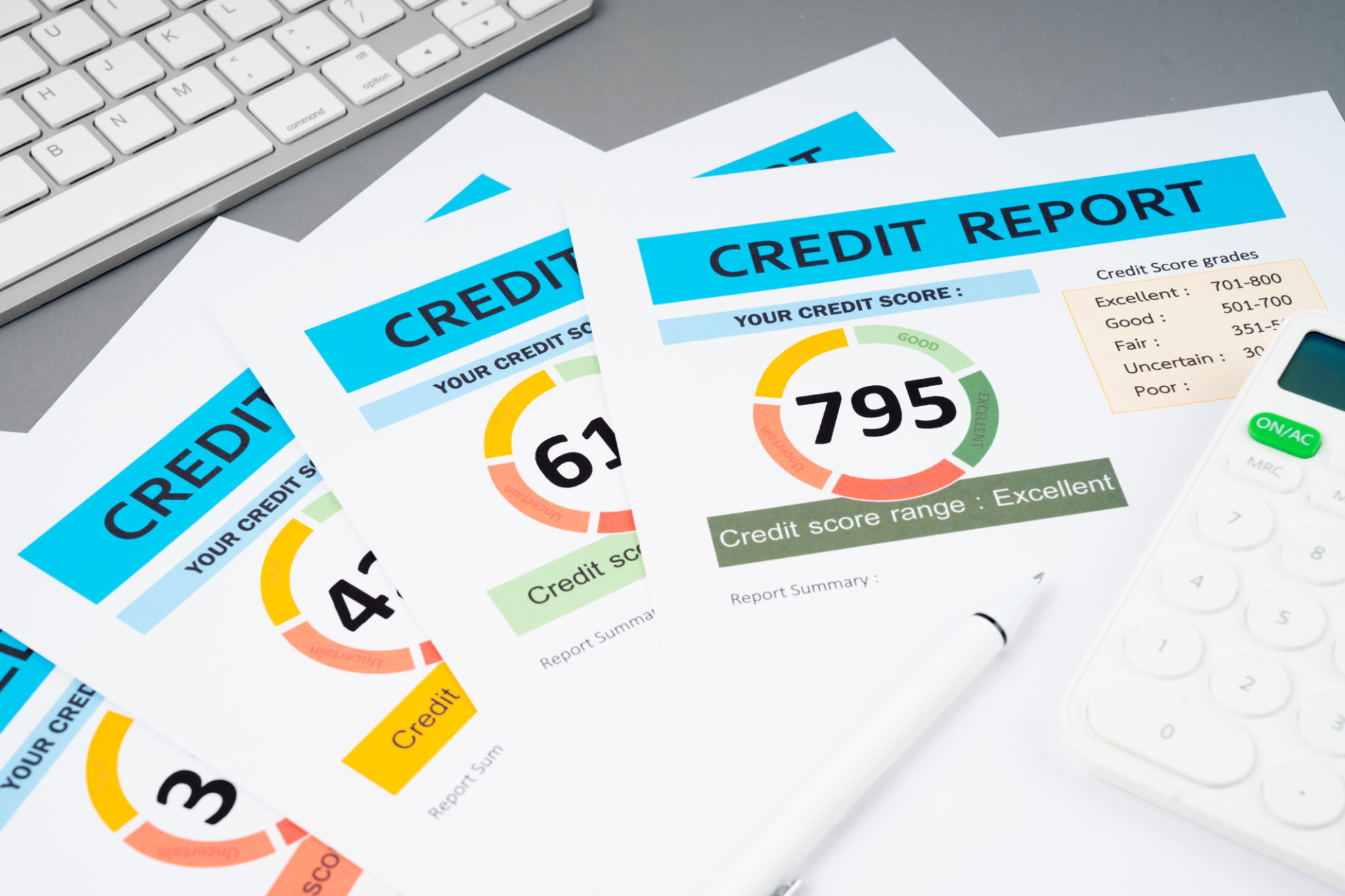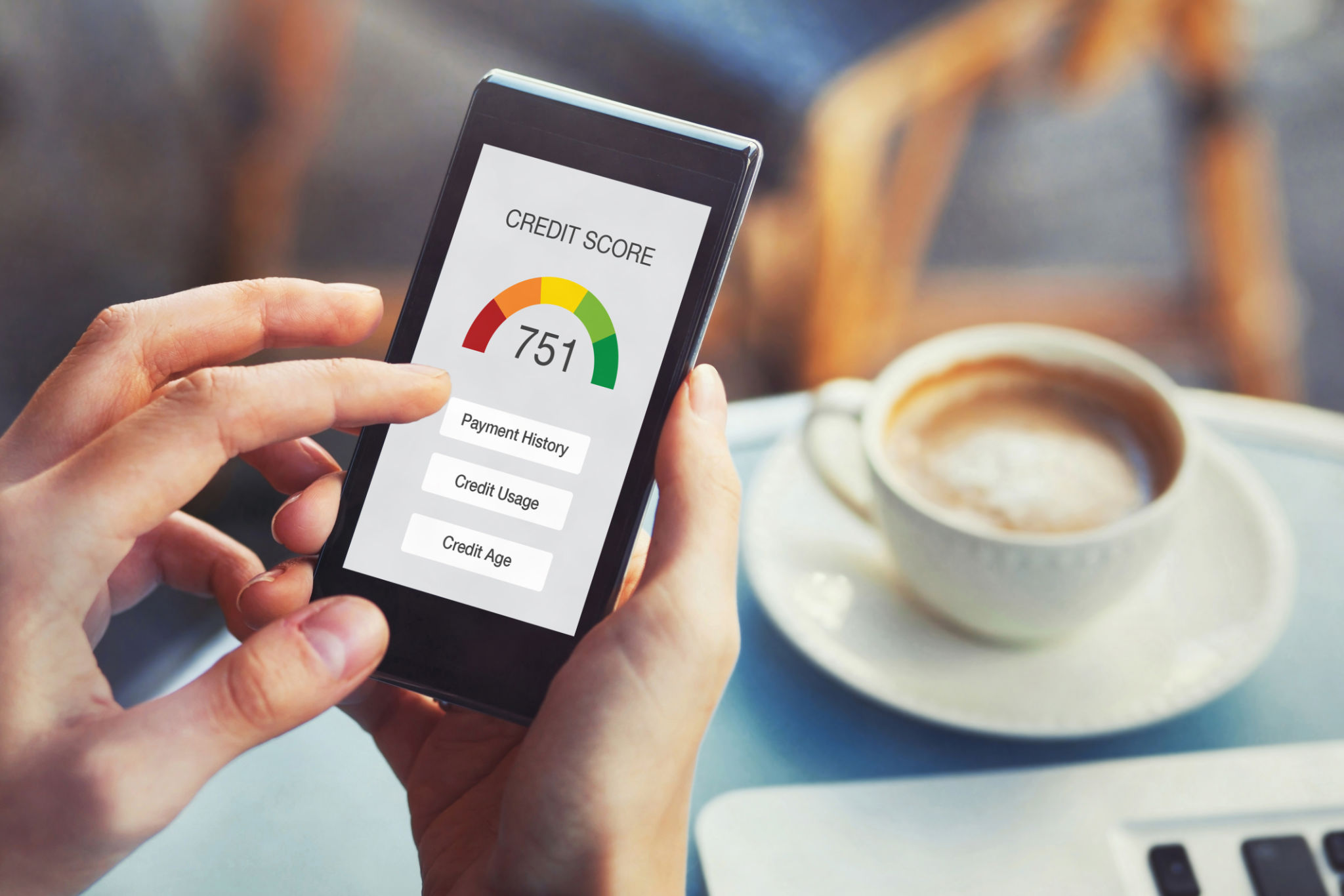How to Successfully Repair Your Credit: A Step-by-Step Guide
Understanding Your Credit Score
The first step to repairing your credit is understanding what a credit score is and how it's calculated. A credit score is a numerical representation of your creditworthiness, typically ranging from 300 to 850. It's influenced by several factors including your payment history, credit utilization, length of credit history, types of credit in use, and recent credit inquiries. Knowing where you stand is essential for making improvements.

Obtain Your Credit Reports
Next, obtain copies of your credit reports from the three major credit bureaus: Experian, TransUnion, and Equifax. You're entitled to one free report from each bureau annually through AnnualCreditReport.com. Scrutinize these reports for any inaccuracies or discrepancies that could be negatively impacting your score.
Spotting Errors
Common errors include incorrect personal information, accounts that don't belong to you, inaccurate account statuses, and outdated information. Identifying these issues is crucial because they can significantly affect your score. If you find any errors, you'll need to dispute them with the respective credit bureau.
Dispute Inaccurate Information
When disputing inaccuracies, gather all necessary documentation to support your claim. Write a formal dispute letter to each credit bureau with detailed explanations and copies of your evidence. The bureaus are required by law to investigate within 30 days, so it's important to keep track of these timelines.

Pay Off Outstanding Debts
Paying off outstanding debts is a crucial step in repairing your credit. Start with high-interest debts first, as they cost you more money over time. Consider using the avalanche method (paying off the highest interest rate debts first) or the snowball method (paying off the smallest debts first) to manage your payments effectively.
Negotiate with Creditors
If you're struggling to pay off debts, reach out to creditors to negotiate payment plans or settlements. Many creditors are willing to work with you to ensure they receive payment. This can also prevent additional negative marks on your credit report.

Build Positive Credit Habits
Building positive credit habits is key to improving and maintaining your credit score. This includes making payments on time, keeping your credit utilization below 30%, and limiting new credit inquiries. Consistently practicing these habits will gradually improve your score over time.
Consider a Secured Credit Card
If you're having trouble qualifying for traditional credit cards, a secured credit card can be a good option. These cards require a deposit that serves as your credit limit and can help you build a positive payment history.
Monitor Your Progress
Finally, regularly monitor your credit to track improvements and catch any new inaccuracies early. Many financial institutions offer free tools to check your credit score and report. Staying informed helps you make better financial decisions and maintain a healthy credit profile.

